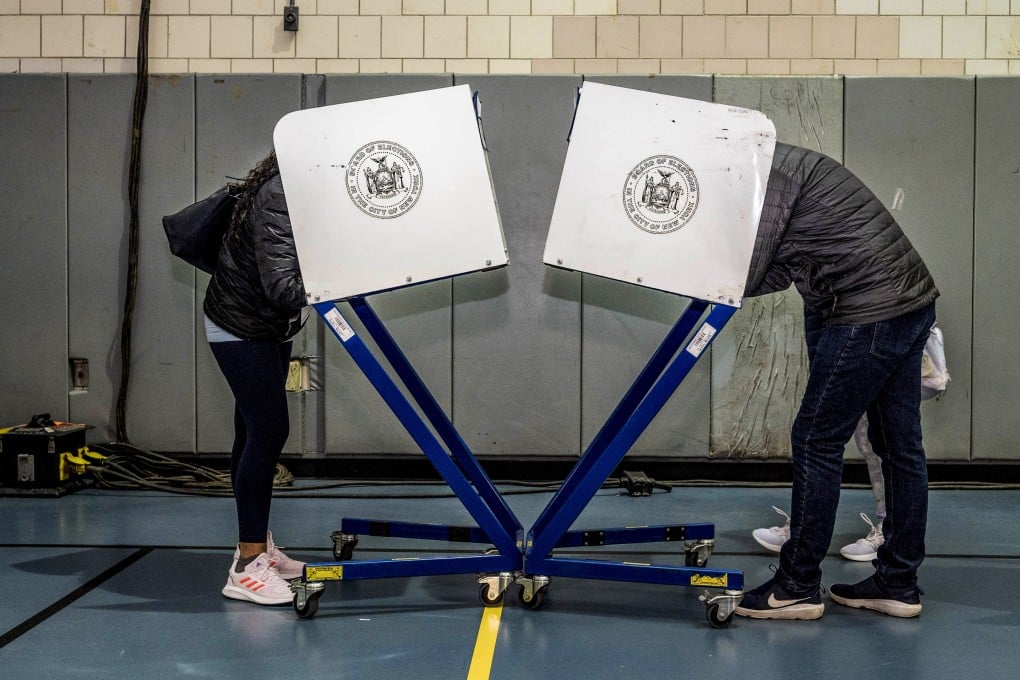Editorial | Midterms provide no let-up for China from a divided America
- US election results are unlikely to reassure Beijing, or a world facing economic and geopolitical instability; instead more tension and conflict looms between the two major powers

A swing in voter intentions towards the Republicans became evident in polling long before the United States midterm elections. But it failed to gather momentum.
It fell well short of a possible landslide, or a “red wave”, which would have wiped much Democratic Party blue from the electoral map, the White House excepted.
At best, it seems the result has reversed a small Democratic majority in the House of Representatives. Control of Congress ultimately depends on a run-off for a Senate seat in Georgia.
With high inflation hurting hip pockets, and President Joe Biden’s abysmal approval ratings, it might have seemed a question of how big a Republican victory.
In terms of damage limitation, the result is even seen as a victory for the Democrats.
Other concerns apart from the economy, such as crime and abortion rights, may have muddied the water but, on balance, Republicans need to reflect on the outcome.
Many women voters apparently turned against them over abortion.
America remains bitterly divided. That is unlikely to reassure China, or a world facing economic and geopolitical instability. Instead we can expect more tension and conflict between the two major powers.
